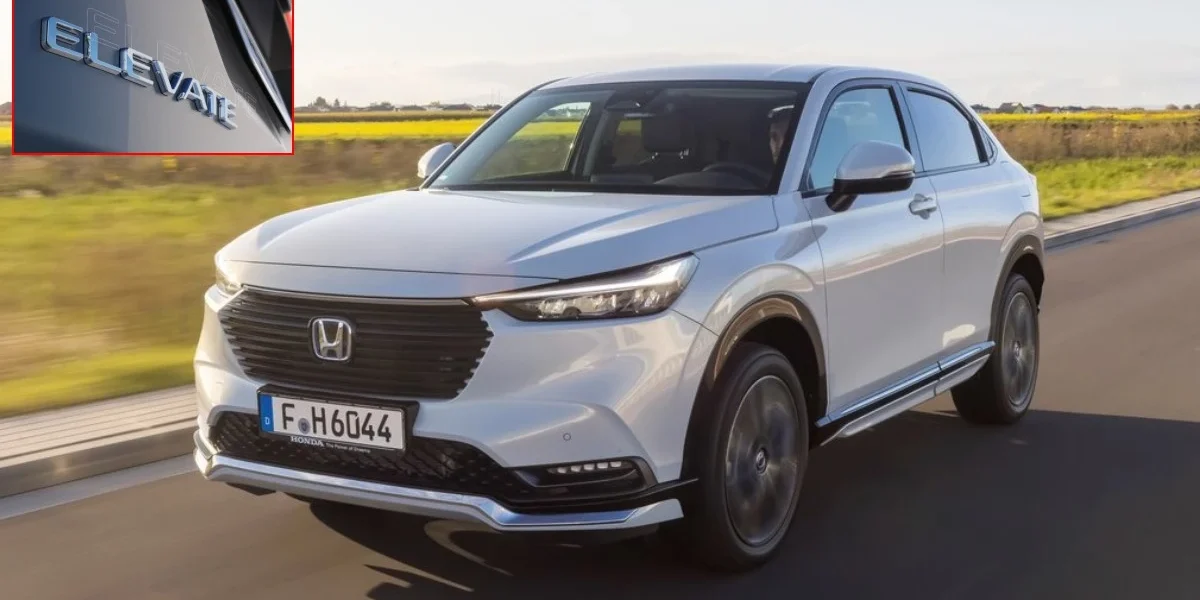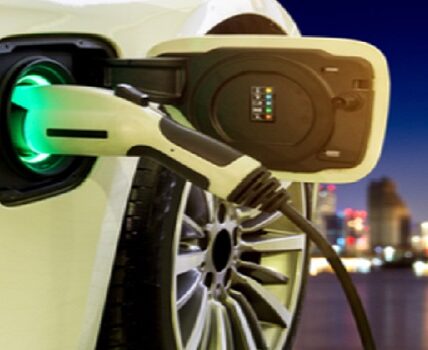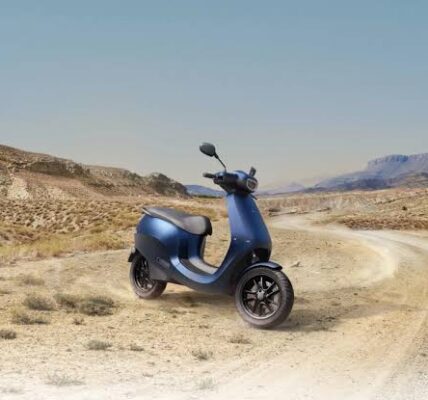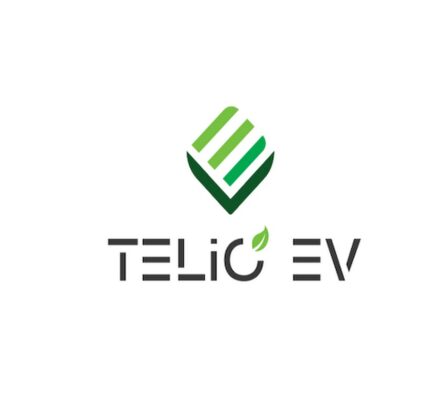Unveiling the new global mid-size SUV, Honda Cars India management stated that they have no plans for a hybrid powertrain for Elevate, instead the company will launch the petrol version this festive season and it has already started development of BEV based on the Elevate SUV, which will hit the roads in three years.
Takuya Tsumura, president and CEO of Honda Cars India says the GST on Hybrid is high and hence it makes sense to move straight to electric vehicles with its SUV Elevate.
Speaking to the media after the global premiere of the Elevate SUV, Tsumura said, “The GST on Battery Electric Vehicle is five percent, Hybrid is 43 percent and Petrol is 45 percent. My personal feeling is that it should be between petrol and BEV (tax slab). On the other hand, it is a government direction to look at EV penetration of 30 percent by 2030, so we are aligning to the government’s direction.”
The decision comes at a time when Suzuki-Toyota Duo has received an overwhelming response for its hybrid variants with the waiting period running into months. However, unlike Honda, which has relied on the imported kits for City Hybrid, making the vehicle prices steeper for a variant, Maruti and Toyota have benefited from localisation of batteries and e-drives in ensuring an attractive price band for hybrid vehicles.
There was an anticipation of a hybrid variant on the Elevate SUV, given the strong response to Maruti Suzuki Grand Vitara and Toyota Urban Cruiser Hyryder, which would have helped Honda compete strongly in the fast-growing space.
Honda Cars India had launched a hybrid electric vehicle with its City sedan a couple of years back, but it relied on the imported kits, pushing the vehicle to significant premium of rivals models.
However the allocated units for Hybrid City were sold very quickly, compelling the company to seek higher allocation for 2023.
Even in the current calendar year, the hybrid variants account for 10-15 percent of sedan sales in the country. The company has got more than double the allocation of last year, yet it is quite modest.
Honda Motor Company has already declared that the two thirds of its vehicles sold by 2030 will be electrified vehicles and the strategy with regards to India is being carefully aligned to the global direction as well as the central government’s direction towards EVs.
Given the recent roll back in subsidy benefits for two wheelers, Tsumura expressed uncertainty on tax sops for the future for EVs.
“Almost two percent of the passenger vehicle market was EV in 2022. Just wondering if the penetration of EVs grows to 30 percent, will the GST benefit remain at five percent? For me it is a question mark. In the last two weeks, in the two wheeler segment, the government rolled back the incentive for two wheelers, it is quite possible that eventually the benefits may be brought down,” he said.
Honda Cars India will continue to offer a hybrid powertrain in City sedan and has kept the options open for hybrid vehicles in the future, however the localisation priority appears to be on Battery Electric Vehicles.






